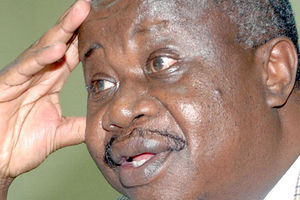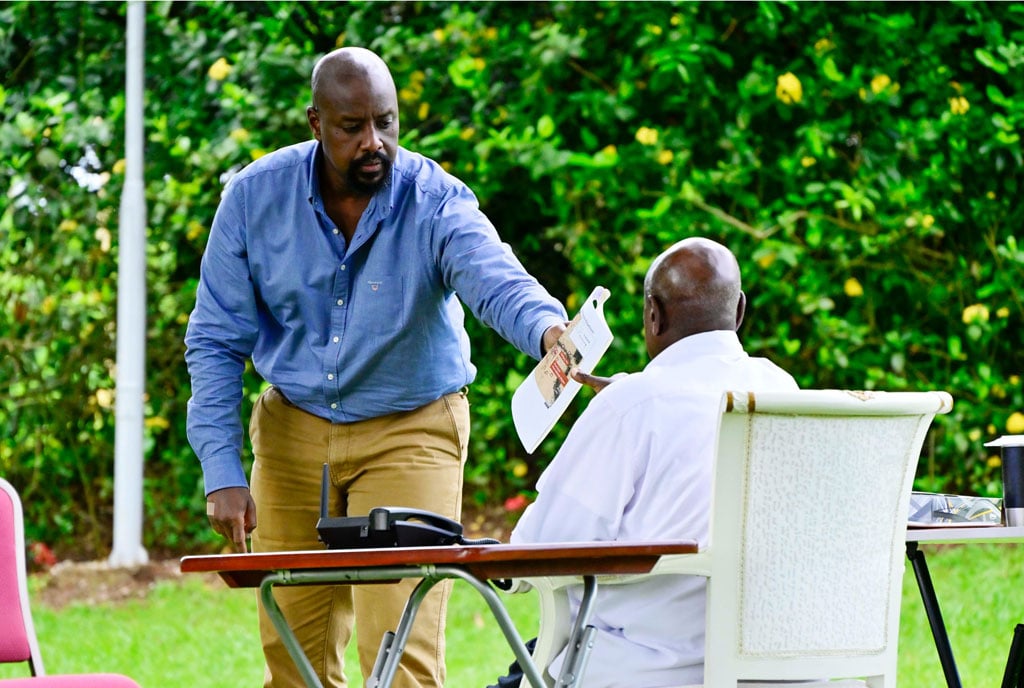
Author: Moses Khisa. PHOTO/FILE
When I speak to students or give public lectures about Africa’s most enduring and daunting political problem, I emphasise the nightmare of power transition and leadership succession.
Peaceful change of government and orderly handover of power in itself doesn’t guarantee anything for a country’s standing, not the quality of governance or substantive outcomes expected of a functional government, but when mishandled the damage and destruction is enormous.
Two very important countries neighbouring the East African region, Ethiopia and Sudan, recently plunged into deadly wars primarily because of failure to properly manage leadership turnover and change in government after prolonged periods of one party or leader at the helm of government. It’s a common trend that a long period of authoritarian regime survival results in turbulent succession and ultimately instability.
In the case of Sudan, which is today by far Africa’s worst case study of political instability and insecurity, the dramatic end to the long rule of Omar al-Bashir triggered a chain of power struggles and public contestations that drove the country into brutal war, exposing millions of civilians to dire circumstances including mass deaths.
There is a gripping irony about Uganda’s post-independence leadership turnover and succession dynamics. During the first 23 years of independence, from 1962 to January 1986, we had seven different governments/presidents, including three in the short window following Idi Amin’s overthrow in April 1979 and Milton Obote’s return following the disputed December 1980 elections.
This means that in 23 years and seven governments, the average length of government was about 3.5 years! By sharp contrast, from 1986 we swung to the extreme of being ruled by one president and government for nearly 40 years, with no signs of stepping down at the end of the current term in 2026.
Uganda is a prime candidate for a possible disastrous presidential succession. The stakes are decidedly high, and they get higher and more intractable the longer Museveni stays on. In many ways, the president has become hostage to his own perpetual pursuit of power.
Mr Museveni has such a tight grip on and command over the ship he has captained for nearly four decades, consistently cutting to size anyone in the system who remotely bids to take over from him.
In a true authoritarian style and modus operandi, Mr Museveni brooks no dissent and swiftly tackles whoever drives up disquiet and disloyalty in the ruling establishment’s political ranks but especially in the military, the citadel of his power. Well, that was the case until his son came of age as to boldly and overtly make claims to the right of taking the reins of power from the father, doing so in ways no one in Mr Museveni’s ruling group ever did.
It is simply surreal considering that this is a serving army officer, expressly prohibited by the law from making political comments or engaging in political activity moreover in a way that questions the commander-in-chief and out-rightly asserts eagerness to take over! Ordinarily treasonous.
After what now appears to have been a mere lull in explosive X, formerly Twitter , posts, the tirades returned last week with a bang, pointing to a possible fallout right inside the ruling establishment. The possible largescale and grave implications for the country cannot be overstated.
It is incredible that in not so veiled a way, the son has actually said publicly it is about time the father gave way, expressing his growing impatience at the long wait to succeed the father! There is no way to interpret this other than that only Mr Museveni’s son can dare verbalise such a sentiment, let alone get away with it.
In a sense, the availability of a public platform in X and the son’s unhinged knack to fire off unfiltered, have done Ugandans an invaluable service – getting a sense of what potentially lies ahead for the country regarding succession battles that will likely play out.
Whichever way one looks at it, the odds aren’t good and the path ahead is treacherous. The so called ‘project’, or pulojekti in the Lugandanised version, of Mr Museveni prepping the son to take over, as was long rumoured, was never going to be a smooth ride even with his firm grip on things.
Matters have been compounded over the last three years by the son’s own public postures, often coming off quite underwhelming while speaking at public gatherings, as well as the Twitter posts that betray a dearth of measured commentary and the wisdom of engaging in public discourse.
Power is always associated with mystery and the projection of invincibility, attributes that Mr Museveni has operated with very effectively from way back before he took charge of the State.
Before coming out so openly and stridently, arguably the son may have enjoyed some degree of power mystery and invincibility, but now largely busted once he came into the limelight and attracted the spotlight.
In the absence of the father to prop him, working on his own, the road to the top seat will be markedly bumpy. At any rate, Uganda’s political future is precarious, in the least.








